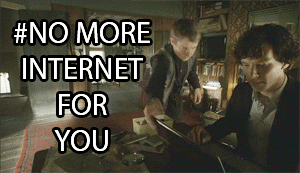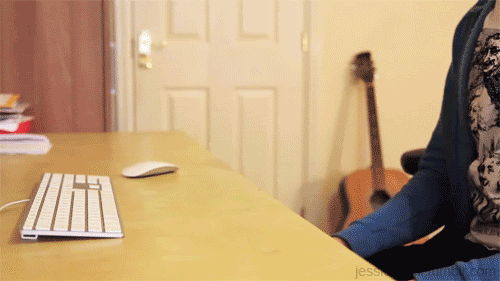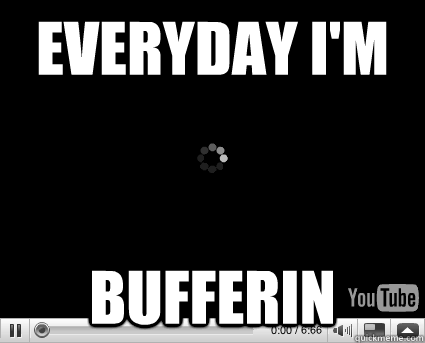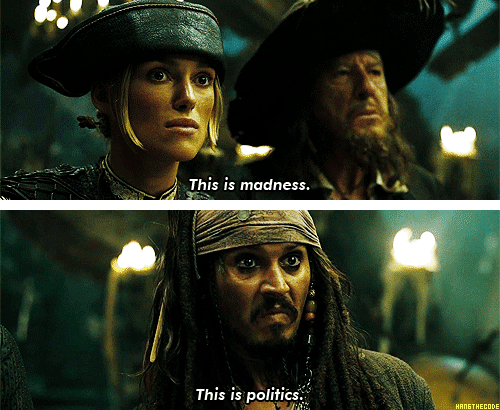Why The Government’s War On Piracy Is Bad News For Everyone
Piracy policies will impact all of us, not just those who illegally download content. So: would you like your internet slow, or expensive?
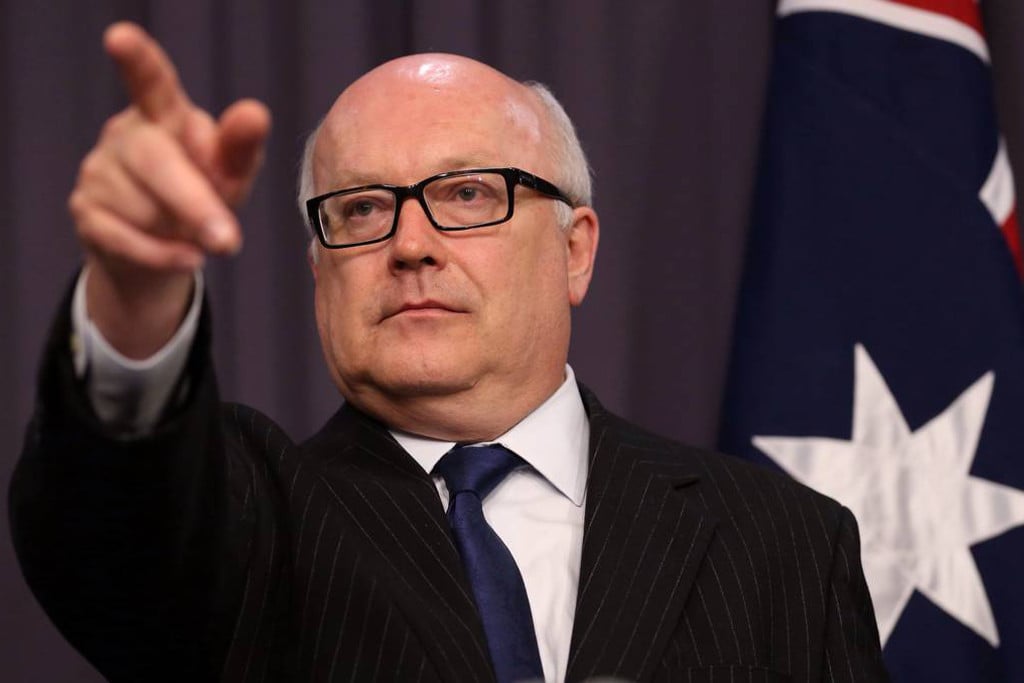
Reports say the Australian Government is currently considering policies to crack down on piracy. The organisation I work for, the consumer advocate CHOICE, thinks this is bad news for anyone in Australia who uses the internet (we’ve even launched a campaign about it). Here’s why.
–
How and why does the Government want to fiddle with the internet?
On May 5, the SMH reported that the Federal Cabinet was that week considering proposals to stop illegal content downloads. It suggested the policies under consideration are a warnings system known as a ‘graduated response scheme’ or a filter that would require that Internet Service Providers (ISPs) block known file-sharing websites.
We don’t know the policy specifics, how they will be implemented, or when… and that’s part of the problem. All signs point towards the Government considering policies without having a public consultation or conversation with the people most affected: consumers.
We do know that Attorney-General George Brandis said he was considering these policy options in February this year after discussions with stakeholders, most likely companies that own and distribute content.
Unlike Buffy, industry stakeholders don’t always have your best interests at heart.
Based on international examples and leaks, we have a fairly good sense of what each policy option is and what they would mean for all Australian internet users.
Option one: Graduated response (the one where you pay more for the internet)
Under a graduated response scheme, you would receive a warning when your internet service is used to (allegedly) illegally download content. The third warning may come with a penalty which could be a fine, reduced bandwidth, or having your internet access cut off completely.
Government-mandated graduated response schemes already exist in New Zealand, South Korea, Taiwan, the UK, and France. ISPs have voluntarily cooperated with content owners and implemented schemes in Ireland and the USA. A study by Rebecca Giblin of Monash University has shown that there are issues with all of these existing schemes. And, most importantly, they are really bad at stopping piracy.
Graduated response schemes can be quite unfair. Not just because they threaten consumers with high fines and penalties, but because they can capture people who have done nothing wrong. Under the New Zealand scheme, a rights holder does not need to provide any evidence in support of their claim that someone has illegally downloaded content.
Graduated response schemes cost governments and ISPs money to implement. Ultimately, whether as a taxpayer or through increased prices for internet access, everyone pays for graduated response regulation.
The French scheme was significantly wound back after a report found that the Government had spent 12 million Euro per year while failing to curb piracy. As Giblin puts it, the French scheme redirected internet pirates “to other infringing sources rather than the legitimate market.”
Option two: A filter (the one where your internet gets slower)
The second option floated by the Attorney-General would require ISPs to block file-sharing sites. That’s right, we’re hearing about an internet filter.
Australia has already had the debate about the internet filter, and come to the conclusion that it is a terrible idea. More than once.
A professional re-enactment of the internet filter debate.
Anyone with access to Google is probably going to be able to find a way around the filter through VPNs or similar technology. So again, this policy is unlikely to seriously stop piracy.
What any kind of internet filter will do is “degrade” internet performance.
The real world impact of an internet filter.
A solution to the piracy problem: give us the content
Both of the solutions being considered place costs on government to enforce regulations, on ISPs as they implement policy, and ultimately everyone with an internet connection. What’s not being considered is reforming content delivery and availability in Australia.
CHOICE condemns piracy, but we recognise that many people download because they can’t get the shows they know are out there, when they want, at an affordable price.
The piracy policies being considered will prop up out-dated models of content delivery and do nothing to drive competition in the Australian market. We still pay more for content and have fewer options than people in other countries. While some networks have caught on and are fast-tracking shows, don’t assume that access to content will improve without consumer pressure. Game Of Thrones was available through three different outlets in 2013 (Foxtel, Quickflix and iTunes). This year, the show is exclusive to Foxtel, leaving you with a bill of $44.50 a month to get to Westeros.
Curbing the worst of piracy is possible. Give people the content they want, at the reasonable time compared to international release, and at a price the market is willing to pay. There’s consumer demand. But the market isn’t delivering.
–
CHOICE is crowdfunding an ad to run in the national media that tells the government not to force costly policies onto consumers and ISPs that won’t even address the root causes of internet piracy.
–
Erin Turner is a Policy and Campaigns Advisor at CHOICE. She has a Master of Politics and Public Policy, and is a master of watching a TV box set in a whole weekend.

